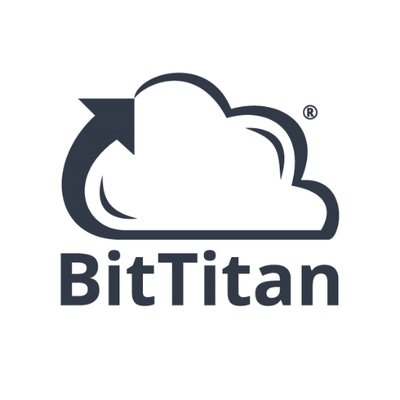Content Management Systems (CMS) enable us to effortlessly create and manage content on a website without the need for programming. They are particularly beneficial for teams collaborating on the same website. CMS platforms offer customization options like templates and extensions to modify the website’s appearance, along with built-in security features to safeguard it against potential threats.
This piece delves into the functionalities and perks of utilizing a CMS and also compares popular Content Management Systems, including full stack and headless options, to help determine which CMS suits specific conditions.
This is a sponsored article by Vultr. Vultr is the world’s largest privately-held cloud computing platform, serving over 1.5 million customers across 185 countries with a range of flexible, scalable cloud solutions. Learn more about Vultr.
Understanding CMS
CMS platforms come equipped with user-friendly interfaces that allow users to effortlessly publish, edit, or delete various types of content on a website. The content is typically stored in a database, and these platforms simplify website management by separating content from design, enabling users to concentrate on content without needing programming skills.
Functions and benefits of using a CMS
CMS platforms provide a diverse range of functions and benefits that streamline web development and management.
- Content Creation: Users can easily create and publish text, images, videos, and documents using a What You See Is What You Get (WYSIWYG) editor.
- Content Management: Users can organize and categorize content for easier navigation and searchability.
- User Permission: Administrators can define user roles and permissions for content access and publication.
- Scalability: CMS platforms can handle high volumes of visitors, allowing websites to expand without performance issues.
- SEO Optimization: Built-in SEO tools improve website visibility and ranking on search engines.
Comparing Popular Full Stack CMS Platforms
Full-Stack CMS platforms combine content management and presentation layers into a unified system, offering tools for managing content and building the website’s front-end.
This section compares two widely-used full-stack CMS platforms, each with its own strengths and limitations, to help users choose the most suitable option.
WordPress
WordPress is renowned for its user-friendly interface and extensive customization options, making it a popular choice for beginners and experienced users alike.
- Strengths:
- Beginner-friendly interface
- Multiple free and paid themes
- Large community support
- Optimized blogging functionality
- Target Audience:
- Beginners and small businesses
Drupal
Drupal is known for its robust security, scalability, and features suitable for complex websites.
- Strengths:
- High security and scalability
- Excellent content organization
- Flexible API for custom development
- Target Audience:
- Experienced users and organizations with complex websites
Comparing Popular Headless CMS platforms
Headless CMS platforms focus on content delivery through APIs, separating content management from presentation.
This section compares popular headless CMS platforms to help users select the best option based on their needs and technical expertise.
Ghost
Ghost CMS is an open-source platform designed for building blogs and online publications.
- Strengths:
- Lightweight and fast performance
- User-friendly interface for blog production
- SEO features and discoverability focus
- Growing community support
- Target Audience:
- Bloggers, journalists, and content-driven websites
Strapi
Strapi is a headless CMS platform with an admin panel for content management and a developer-centric approach.
- Strengths:
- Admin panel for content creation
- API for custom UI development
- Target Audience:
- Development teams and projects requiring frontend control
Do more with CMS platforms on Vultr
Conclusion
This article explored the functionality and benefits of Content Management Systems, comparing full-stack and headless CMS platforms based on their strengths, target audiences, and limitations. CMS platforms empower users to create scalable and secure websites efficiently.























